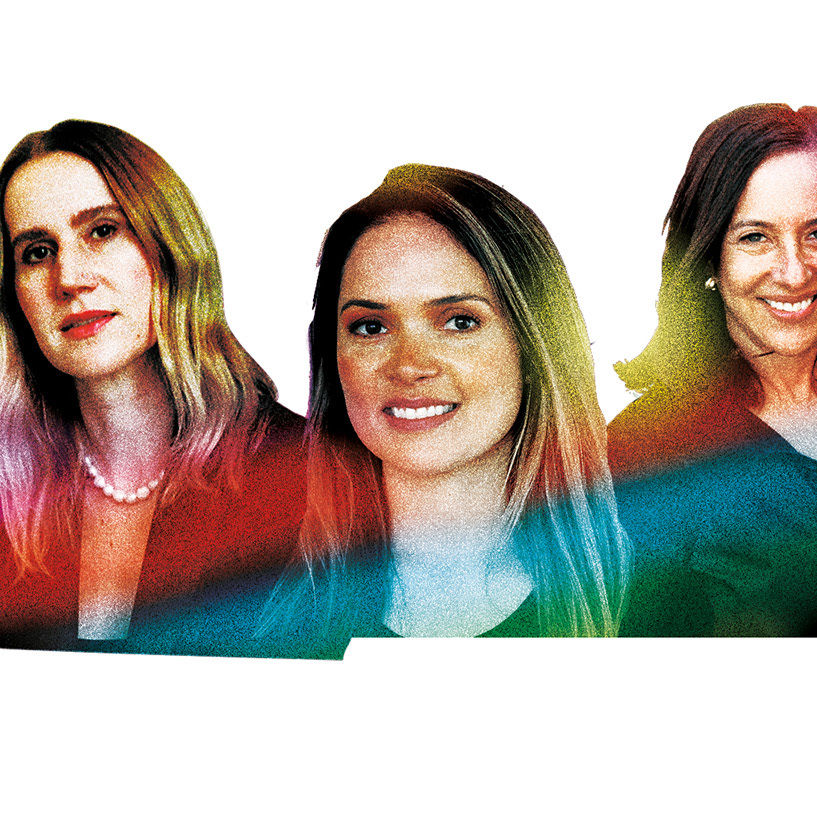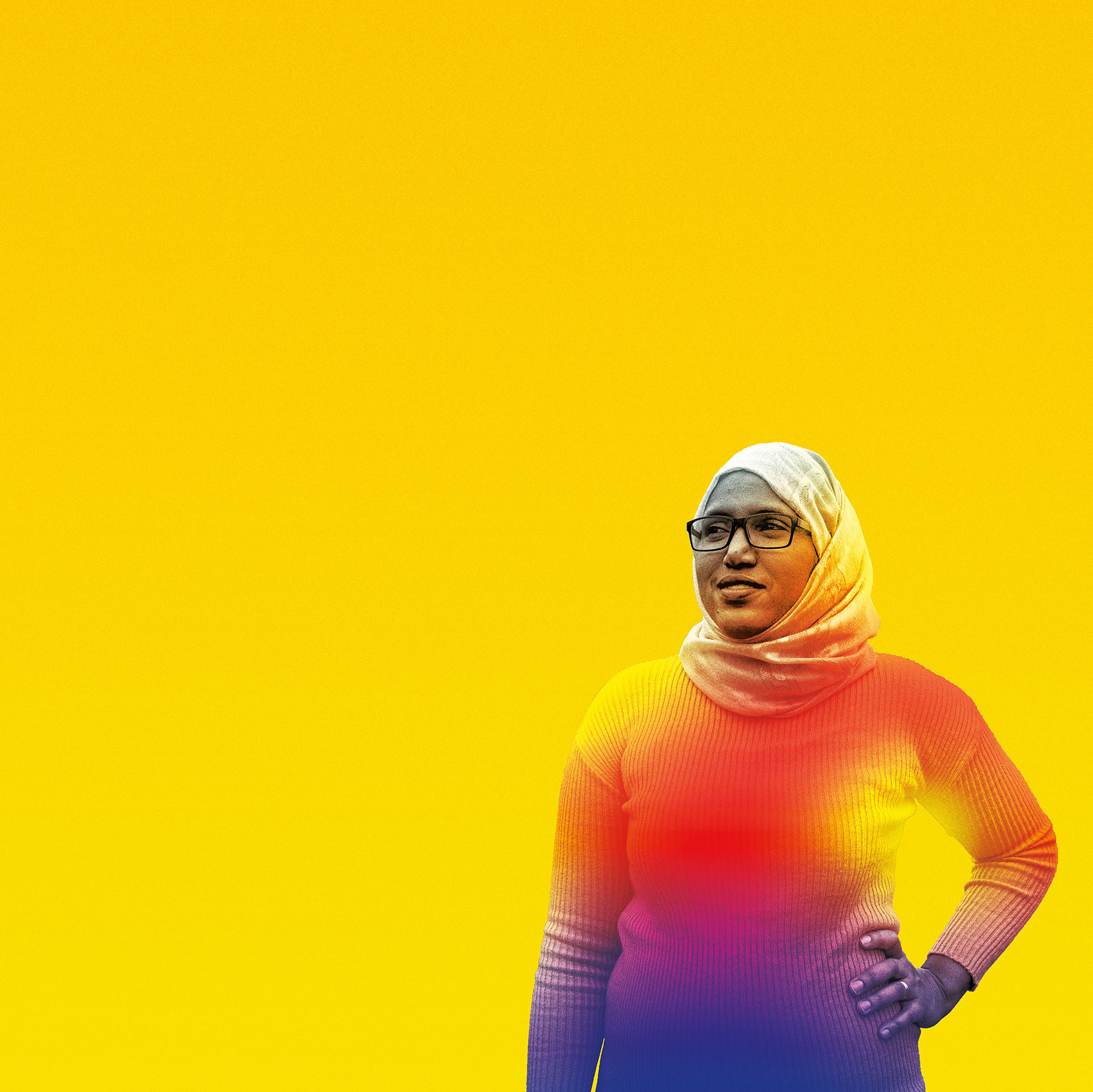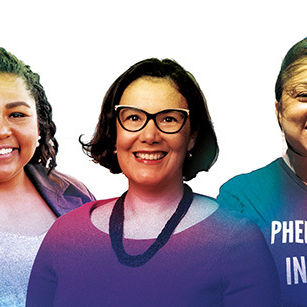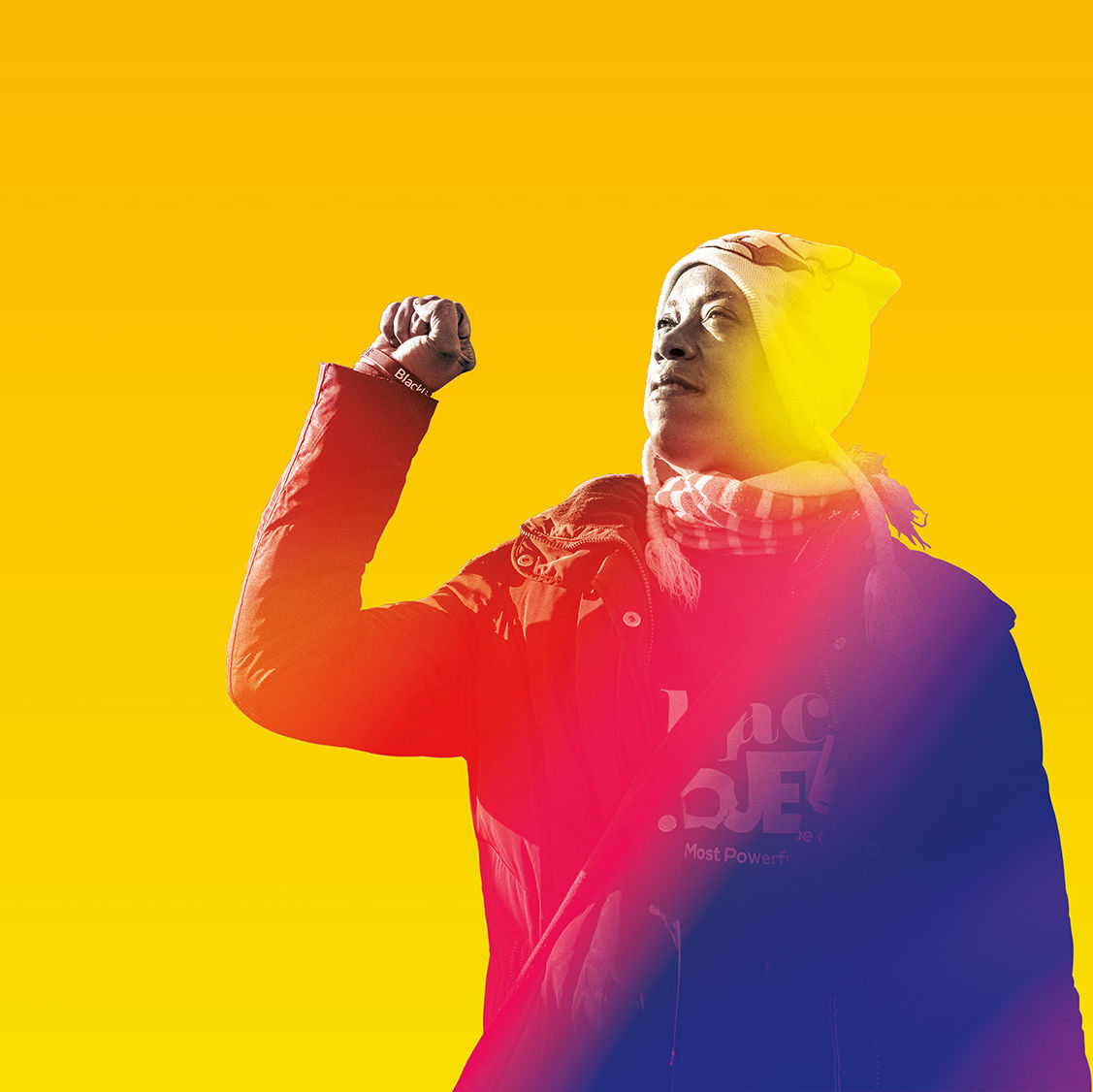Teen Luz Zamora Grapples with What It Means to Become an Oregon Woman
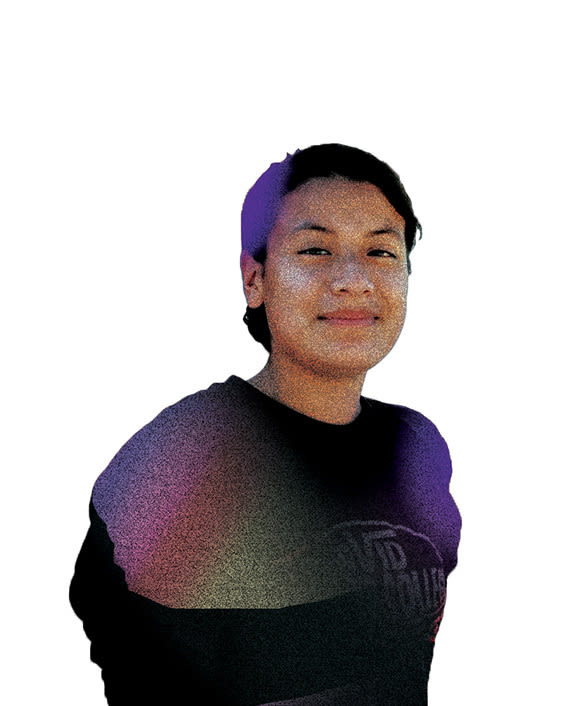
Luz Zamora
Image: Courtesy Luz Zamora
I walk to the kitchen, looking for something to eat. My family of seven is scattered around the house, either in their rooms, or sitting in the sala watching TV. There’s nothing in the fridge except a few bean-filled Tupperwares and milk. But I can smell something that’s making me even hungrier. It’s the chocolate box cake my family made for my 15th birthday, cooking in the oven. We’re locked down at home, the pandemic is surging around us, and I’m turning 15.
Turning 15—it’s a big day for Latinas like me, a day when most people would be dreaming of their quinceañera. Typically that’s a “go big or go home” kind of party, with the dance floor set up right in the middle of the rented room or rancho, music so loud you can feel the beat in the ground or rattling through your body, dresses so expensive your family has been saving money since you were 5. It’s a big symbol for us, a kind of initiation toward adulthood.
Which means I’m going to be an adult soon, and I feel a sudden need to have my life already figured out. But what do I know? I am simply a—what am I again? Somewhere between a rebellious teen and woke since I was born, I know this: I’m a Latina. I’m an Oregonian. I’m an American. And I’m confused about what that all means. My Latina self is the brown girl with braids, listening to Ramon Ayala with her family. The Oregonian is standing outside with rain drizzling down around her or chanting at Providence Park during a Thorns game. The American is living in a country where I know I have more freedom than others around the world.
My parents don’t go in too much for the quinceañera traditions. A box cake and the dinner of your choice is how we celebrate. Being Latina is something else, though. I feel proud about the vibrancy and uniqueness of what that means, but I also feel the need to hide it, to suppress this part of my identity by changing the way I speak and by changing the way I act. I already know I will be paid a lower wage simply because of the color of my skin and the gender I identify with. So what will change when I become an adult? Maybe my words will be heard, once it’s no longer so easy to put me off to the side or on the back burner. Maybe, once I’m an adult, my story will matter.
I don’t ask for stories of my father’s hardships, nor the hardships of my maternal grandparents when they lived in Mexico. The stories that matter the most are the stories that helped my family become what they are now. My father came to the US hidden in a field of grass, running to a road when ICE left and catching the car of a friend. My grandmother and grandfather both came here hidden in the trunk of a car with two other people. They all have their papers now, but I remember when my dad would come home from a trip to see his brother in Mexico and the rest of my family would be stuck waiting in the airport long after his flight had landed, falling asleep in those uncomfortable chairs, while my father was questioned for hours on end. That interrogation started to worry me on a greater scale around the middle of fifth grade. If there was a cop driving near us on the interstate, my mother would tell us to sit still, so they would have no reason to stop us. By then I was always scared that something bad would happen to my family.
Being afraid of everything around me has helped me make my choices about how I want to see the world. As soon as I am able to vote I hope to see someone that prioritizes my people and issues that matter to me, like climate change, like disaster relief, in some branch of government.
Oregon is a wonderful state, the state I grew up in, with green forests, bright lights, parades, cafés, bridges, beaches, food, street art, and so many other things that have impacted my life. But the past year has made it clear that there are still many people here in this state who wish I wasn’t.
I got my chocolate box cake this year, but I wasn’t able to go out for that birthday meal. I wanted to make sure my family was safe by restricting contact with the outside world. Latin Americans have been affected by COVID-19 at a disproportionate rate: Oregon is 13 percent Latino, but we’re more than twice that share of COVID cases. So my family stayed in our cocoon for the day. That’s OK with me. My metamorphosis is almost complete: I’ll fly with my own wings soon.
Portland Monthly connected with Luz Zamora through Literary Arts, whose youth programs serve more than 4,000 students annually.

